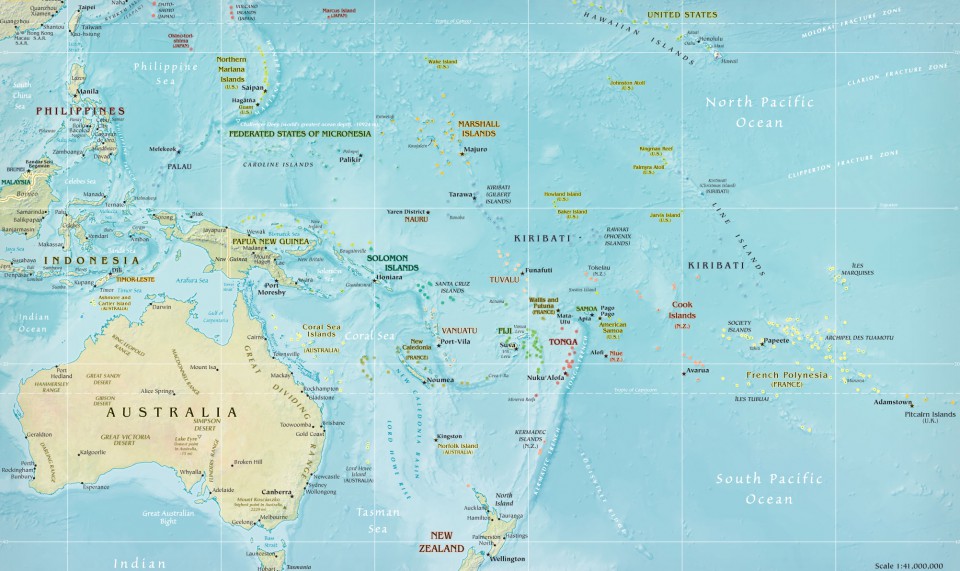Tags
Biography, Managing archives, Relicts, respecting scholarship, Sylvia Martin, The things one finds in unexpected places
Archives are relicts of a life. Bits of paper, shopping lists, advertising fliers for stoves, oil heaters and cars, personal messages and notes, are clues to the day in day out matters that people think about. Clara Geroe’s archive has many such things, all tossed into a suitcase and left for posterity. One smiles to discover a note in Geroe’s handwriting scrawled upon the back of some learned paper: ‘Would you like to dine with us tonight?’ To whom was it addressed? Probably the person was sitting next to her, both of them lulled into boredom by some psychoanalytic conference speaker or other. Was it the end of the day? Or just after lunch with another three lectures to go? Did she disagree with the speaker? Or had it occurred to her that she had forgotten to extend that particular invitation?
These are the little things found woven into correspondence from colleagues, poems, a paper for her interest, books, pamphlets and even a recipe collection. Archives are treasure troves of oddments. Some discoveries are totally astonishing and unexpected. Archive work is a risky business.
In her early years in Australia Geroe’s English teacher, the author and literary critic Nettie Palmer, introduced Geroe to her family: Vance, her husband and a leading Australian author, and her daughters, Aileen and Helen. It is a side story in Sylvia Martin’s excellent biography of Aileen Palmer, Ink in her Veins. Geroe, a cultured woman, and deeply interested and knowledgeable in literature and the arts, may have appreciated the Palmer’s friendship. Aileen Palmer’s work during the Spanish War, and her driving ambulances in England during the blitz, would have been known to Geroe. Aileen Palmer also studied French literature at the University of Melbourne and wrote a thesis on Proust. At the time of publishing her book, Martin said, no copy of the thesis was to be found. When Aileen broke down after her return to Australia from London, it is possible the Palmers sought advice from Geroe. Martin discusses Aileen’s hospitalization and psychiatric treatment at length. For a time she was a patient of Geroe’s – something Martin also discusses in her book. Perhaps Aileen liked Geroe enough to give her a copy of her thesis. Maybe it was a forgotten loan only to turn up almost thirty two years after Palmer’s death in Geroe’s archive…
Here is the link to Aileen’s story retold in Martin’s piece, The Lost Thesis, ‘published last week in the online journal, ‘Inside Story’.
